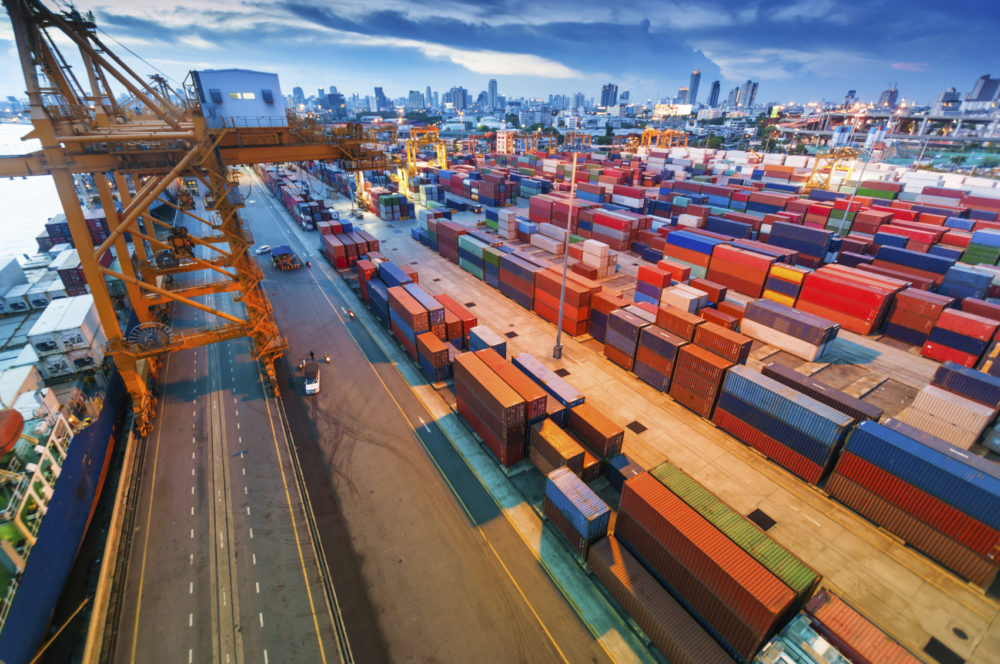Transporting goods from China: How to Avoid Typical Issues
Shipping from the Chinese market has become a critical aspect of a multitude of enterprises, especially as international trade continues to expand new frontiers. For entrepreneurs looking to source products, the extensive array of producers and partners in China offers both chances and obstacles. While the prospect for cost savings and top-notch goods is substantial, handling the logistics of shipping can often be loaded with issues. Grasping how to steer clear of common mistakes in the shipping method is essential for a thriving operational plan.
One of the crucial aspects in shipping from China is being cognizant of the multiple challenges that can arise throughout the journey. This could involve it is handling customs regulations, grasping freight choices, or handling delivery schedules, knowing what to foresee can save you valuable time, financial resources, and a lot of headaches. By educating yourself on these factors, you can enhance your shipping operations and spend more time more on growing your business instead of getting stuck by unexpected shipping challenges.
Comprehending Freight Methods
When sending out of the Chinese mainland, comprehending the different shipping options available is crucial for your enterprise. The key forms of transport encompass air freight, ocean freight, and express courier services. Every option has its particular benefits and cons, thus it is important to pick the appropriate one considering your particular requirements. Aerial freight is faster and suitable for critical shipments, while ocean shipping is more economical for large goods, but less speedy. Express courier services like FedEx, UPS and UPS provide a middle ground between quickness and trustworthiness for smaller parcels.
In addition, it is important to think about the destination and the nature of your items when determining a transport option. If you are sending food items or time-sensitive products, air shipping may be required despite the higher price. Conversely, when you are shipping bulk volumes of durable items, sea freight might be the most suitable option to minimize costs. Grasping the balances between speed, expense, and reliability will help you establish knowledgeable decisions for your shipping strategy.
Another aspect to keep in mind is the customs processing process and any related duties or tariffs. Distinct freight options may affect how smoothly your goods pass through customs, impacting shipment times. Making sure correct documentation and understanding border policies are critical to prevent holdups and unexpected expenses. With researching and selecting the best freight choice, you can simplify your transport operations and improve the productivity of your operations.
Customs Policies and Paperwork
As shipping from China, understanding customs requirements is essential for a streamlined process. Each country has its unique set of import rules, and staying compliant can avoid delays, extra charges, or even seizure of goods. It is important to investigate the particular requirements for your destination country, including any limitations on specific products, necessary permits, and potential tariffs or duties that may be applicable.
Documentation is another key aspect of international shipping. Proper documentation must accompany all shipments to ensure they pass through customs without issues. Common papers include the commercial invoice, packing list, bill of lading, and any origin certificates or quality documents if required. Ensure that all documentation is accurate, as discrepancies can lead to significant delays or further checks.
Finally, think about working with a customs broker who can provide expertise in navigating the complex regulations and paperwork required for importation. A broker can help ensure that you have all necessary documents prepared and submitted correctly, minimizing the risk of issues arising during the customs clearance process. shipping from china can save you time and money, allowing you to focus on additional aspects of your business.
Advice for Budget-Friendly Shipping
To minimize shipping costs when bringing in from China, it's important to investigate and contrast various shipping options. Different carriers offer different rates and services, so taking the time to review companies like DHL, and local shipping providers can result in considerable savings. Furthermore, consider the type of your products; heavier items may incur higher costs, and selecting a freight forwarder who specializes in your niche can also help in obtaining better rates.
Planning your shipments thoughtfully can greatly boost cost efficiency. Aggregating orders or shipping in bulk can cause lower per-unit shipping costs. An additional vital tactic is to make use of off-peak shipping periods. Rates vary based on demand, so arranging shipments during slower seasons can often yield significant discounts. Always remember to evaluate the overall landed cost, including shipping, customs duties, and taxes, to ensure you're making the most economical decision.

Finally, maintaining a strong relationship with your shipping provider can create opportunities for better pricing and services. Frequent communication can provide updates on any promotions or changes in shipping rates. It's also beneficial to align your shipping strategy with your partners in China, as they may offer more advantageous shipping arrangements that could save you money in the long run. Building these partnerships can lead to better shipping experiences and increased overall savings.